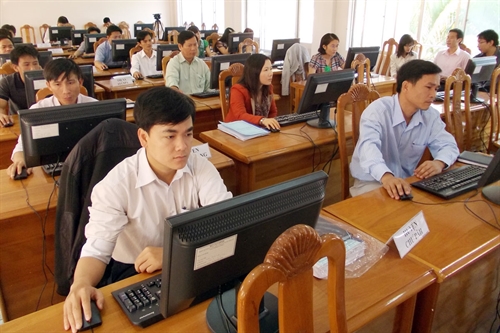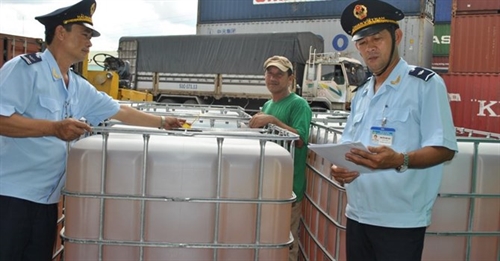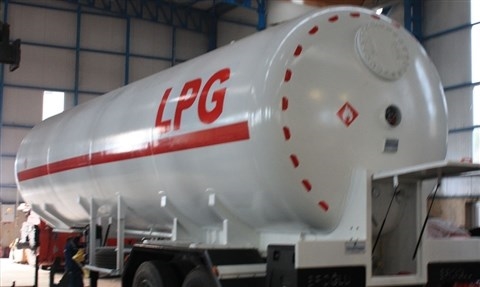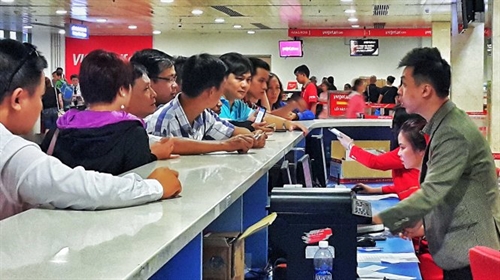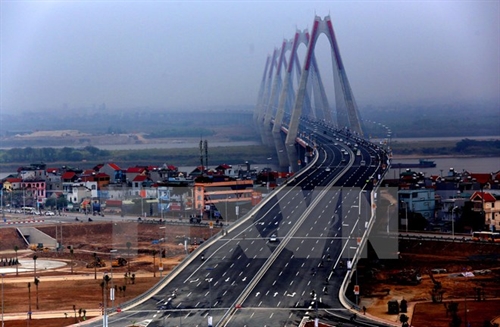Ministries and sectors will further review current regulations so as to cut the number of existing business conditions and administrative procedures by one-third or, if possible, by half.
This is highlighted in Resolution 98, one of the two resolutions issued early this month by the cabinet to draw up its action plans to implement the Party Central Committee’s Resolutions 10 and 11 on developing private economy and improving institutions of the socialist-oriented market economy.
 |
| Ministries and sectors will further review current regulations so as to cut a number of existing business conditions and administrative procedures__Photo: Internet |
In addition to removing unnecessary and unreasonable business conditions, authorities will also focus on improving mechanisms and policies so as to create a safe and less risky business environment to attract investment from the private sector and facilitate fair and equal competition in accordance with the market mechanism.
In order to ease private enterprises’ access to infrastructure and resources, a plan on building a competitive transport market will be formulated toward developing multimodal transport, linking different transport modes, and applying information technology to reduce costs. At the same time, a scheme on developing startup hubs with low-cost and easy-to-access shared office space and logistic and support services serving startup businesses will be devised and submitted to the Government right in the fourth quarter of this year.
The Government will also adopt appropriate solutions to integrate policies to encourage private enterprises’ participation in value chains into those on foreign investment attraction. Operation of hi-tech parks, hi-tech nurseries and science and technology enterprises will also reviewed so as to create grounds for working out solutions to boosting technology transfer, application and renewal by private enterprises.
As per the formulation of institutions of the socialist-oriented market economy, under Resolution 99, the cabinet asks ministries, sectors and localities to continue implementing governmental resolutions and action programs on renewing the growth model, stepping up the economic restructuring, improving the business environment and enhancing the national competitiveness.
Particularly, institutions relating to development of enterprises of different economic sectors and different types of ownership will be further improved. Regulations implementing the Law on Support for Small- and Medium-sized Enterprises will be submitted to the Government for approval in late this year or next year, focusing on policies to support enterprises and cooperatives in terms of access to loans, human resource training, technology transfer, etc.
A scheme on improving institutions on management of public land toward publicity, transparency and effectiveness is scheduled to be formulated and submitted to the Government in early 2019, together with mechanisms and policies on management of state budget, public debts and public property. Meanwhile, institutions on regional association will be studied and tabled to the cabinet in 2019 or 2020.
To improve the effectiveness of international economic integration, the legal framework on conclusion and implementation of treaties and international agreements will be improved, while the country’s international integration commitments will be further domesticated.
Resolution 99 also asks for improvement of laws, mechanisms and policies to renew public non-business units, combine economic growth with sustainable development and defense and security maintenance, and accelerate administrative reform.- (VLLF)

